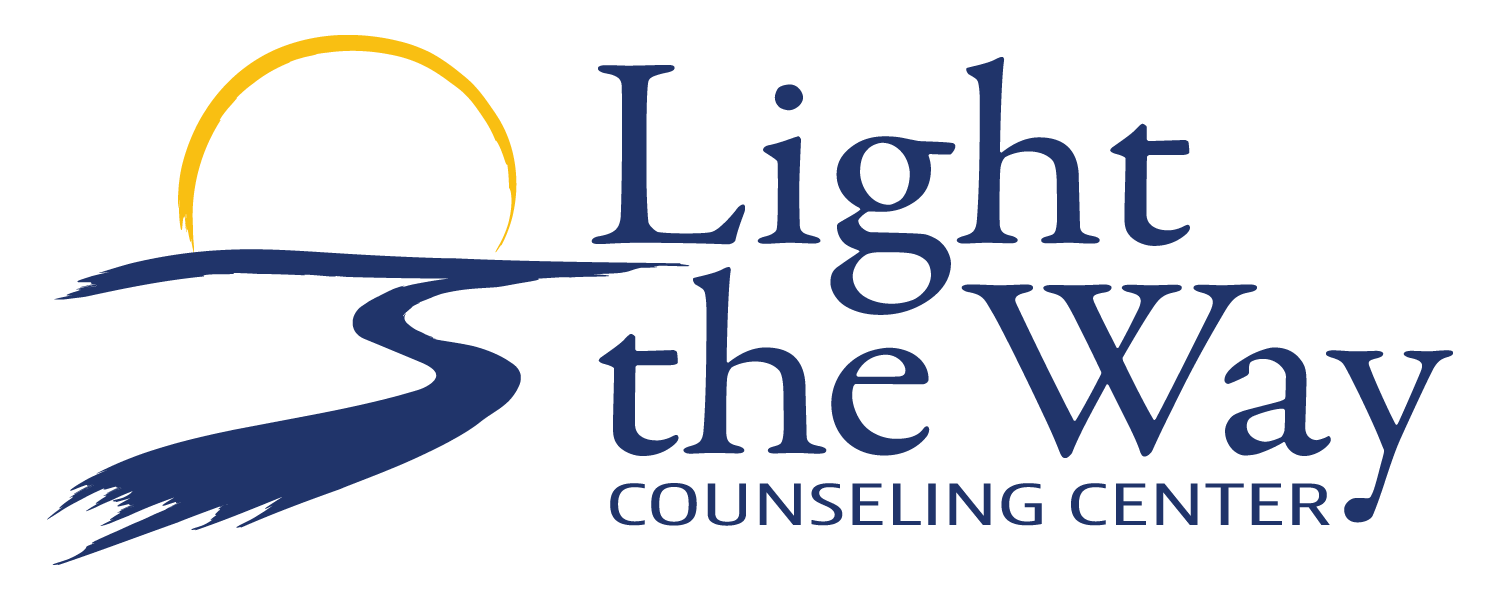The Biggest Mistake People Make After They Forgive… and What to do Instead
It’s not easy to forgive.
But once you’ve done the hard work to forgive someone when they hurt you, it’s easy to make a big mistake.
Too many people think that when you forgive, it means the relationship should just go back to the way it was.
But that’s not always a healthy choice.
To have the relationships we want, we need to learn the difference between forgiveness and reconciliation, and know when it’s appropriate (and when it’s not) to reconcile.
A story of reconciliation
Here’s a story of what reconciliation can look like.
Two colleagues argued about a project they were co-leading at work. One was verbally hurtful with name calling and character attacks. The other was just trying to get the project completed.
Their supervisor intervened. He listened to each one. He spent the weekend thinking about the best course of action and would have a decision Monday morning. The project might be canceled or only one of them would be the lead. They also had some thinking to do.
Over the weekend, the one who caused the pain felt sick at what she caused. She regretted her words and actions. She called her colleague and admitted she was wrong. They talked. The sincerity and honesty led to forgiveness and reconciliation.
What is reconciliation?
As the story shows, reconciliation is more than just forgiving and forgetting. It’s not a simple apology.
It’s doing the hard work it takes to restore relationships. It involves two people being in agreement to heal the relationship. It’s bigger than an apology and forgetting about the bad that happened.
The one who caused the injury sincerely admits they were wrong. They feel bad about what they did.
How do I reconcile?
Forgiveness isn’t easy. Neither is reconciliation. Below are the steps needed for reconciliation. The steps don’t have to be done in order, but all will be done for reconciliation to happen. Being aware does come first.
Awareness
Awareness of being hurt, or hurting another person, is the first step. Check with yourself to see if you contributed to hurting the relationship. If you hurled hurtful words at your partner, and they hurled words back, you share in the injury.
Be honest with yourself. Be responsible for what you did and spoke. Allow the other person to own their words and actions.
Sometimes, you didn’t contribute to the wounds. For example, if you were abused. You do not share responsibility for the wound caused by abuse.
Express your feelings
When we are wounded by another, we need the opportunity to share our feelings.
When reconciliation is the goal, you want to share, in time, your feelings to the one who hurt you. Be in a safe place. It can be helpful to have a neutral person with you.
The one who caused the pain allows for your thoughts and feelings to be shared, without comments or defensiveness. Take time to hear and understand what the injured person is feeling.
Take responsibility for your words and actions
In the process of reconciliation, we take responsibility for what we did and spoke. No excuses. No defensiveness. No blaming.
Acknowledge the hurt caused by your words or actions. Be sincere. Understand how the other person feels. Feel sincerely sorry for what happened.
Feel remorse for hurting another
Think about a time when you hurt someone and you felt so bad and wished it never happened. That’s remorse. We wish we could erase the pain we caused. When we feel remorse, or regret, we will remember and try not to do it thing again.
Forgive the person who caused the injury
The person injured needs to forgive for reconciliation to occur. When forgiveness happens, the rebuilding of the relationship begins. It doesn’t happen immediately, but forgiveness can happen.
We know reconciliation doesn’t occur every time there is an injury. We get it.
Reconciliation is a process. It involves the sincere desire of both people for healing.
Many relationships can be healed. Marriages, friendships, and families can experience a deeper relationship with one another when reconciliation occurs.
Is there a broken relationship you’d like healed? Is there reconciliation you desire? Take the steps to allow it to happen.
Written by Cindy Picht, LPC, CEO
About Cindy:
Cindy is director and co-founder of Light the Way Counseling. She is a Certified Clinical Trauma Professional and a Certified Clinical Anxiety Treatment Professional. She combines her skills with compassion and encouragement to help people find hope and healing.


